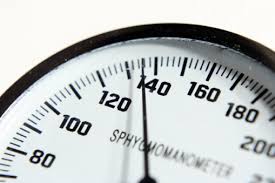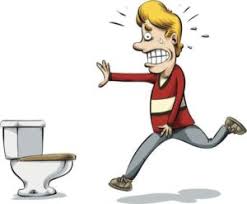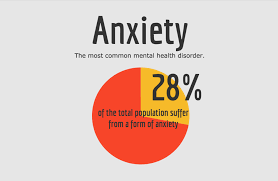Coffee and tea contain caffeine.Caffeine doesn’t have any adverse effects when it is taken in moderate amount,but high levels of caffeine has dangerous effects on body.

Caffeine has following adverse effects;
Insomnia:
Low or moderate amounts of caffeine don’t seem to affect sleep very much in people considered “good sleepers,” or even those with self-reported insomnia.On the other hand, too much caffeine can make it difficult to get enough restorative sleep.

Digestive tract irregularities:
Caffeine itself seems to stimulate bowel movements by increasing peristalsis, the contractions that move food through your digestive tract.Some studies suggest that caffeinated beverages may worsen gastroesophageal reflux disease (GERD) in some people. This seems to be especially true of coffee.
High blood pressure:
Caffeine’s effect on blood pressure seems to be short term. Also, it seems to have the strongest impact on people who aren’t used to consuming it.
High caffeine intake has also been shown to raise blood pressure during exercise in healthy people, as well as in those with mildly elevated blood pressure.
High blood pressure eventually can lead to heart problems and stroke.

Increased urination:
Caffiene causes urinary urgency and frequency.Increased urination is a common side effect of high caffeine intake due to the compound’s stimulatory effects on the bladder.

Anxiety:
Caffeine is known to increase alertness.
It works by blocking the effects of adenosine, a brain chemical that makes you feel tired. At the same time, it triggers the release of adrenaline, the “fight-or-flight” hormone associated with increased energy.








1 Comment
Can coffee increase your metabolism? - NAMAT blog
(October 5, 2018 - 7:19 am)[…] CONTAINS CAFFEINE, which is the most commonly consumed psychoactive substance in THE […]